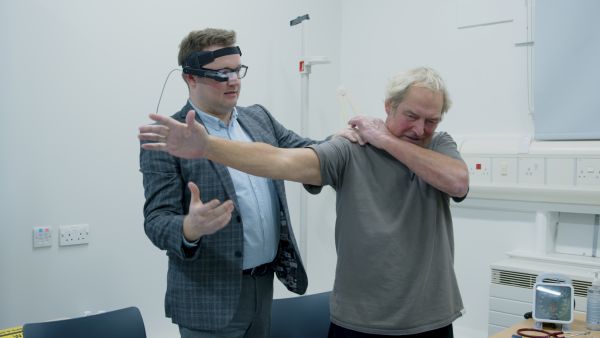
Preventing cancer relapse with a genetic test
Scientists have found a new way to predict which myeloma patients will benefit the most from a treatment often used to help keep the blood cancer from coming back after a stem cell transplant.

Scientists have found a new way to predict which myeloma patients will benefit the most from a treatment often used to help keep the blood cancer from coming back after a stem cell transplant.

Healthcare students could receive clinical training through live-streamed consultations on the other side of the world under ambitious plans to tackle acute shortages in the global health workforce.

Severe childhood illnesses including cancer, life-threatening diseases and mental health conditions are to be the focus of a new multi-million pound research partnership in Leeds.

A decade-long international study into kidney cancer has shown that doctors can predict the likelihood of a patient’s disease returning by looking at DNA mutations in their tumours.

Basing specialist pharmacists in care homes can help make residents safer by cutting potential harm from medicines, according to research carried out by University of Leeds academics.

The life-changing impact of cancer research done at the University is being celebrated on the first anniversary of the Leeds Cancer Research Centre.

The typical person living with arthritis in the UK is 20% less likely to be in work than their equivalent without the condition, new research shows.

Giving colon cancer patients chemotherapy before surgery cuts the risk of the disease coming back, according to the results of a new clinical trial.

Scientists have decoded the physical process that takes place in the mouth when chocolate is eaten, as it changes from a solid into a smooth emulsion that many people find totally irresistible.

Members of the University of Leeds community are among those recognised in the New Year Honours.